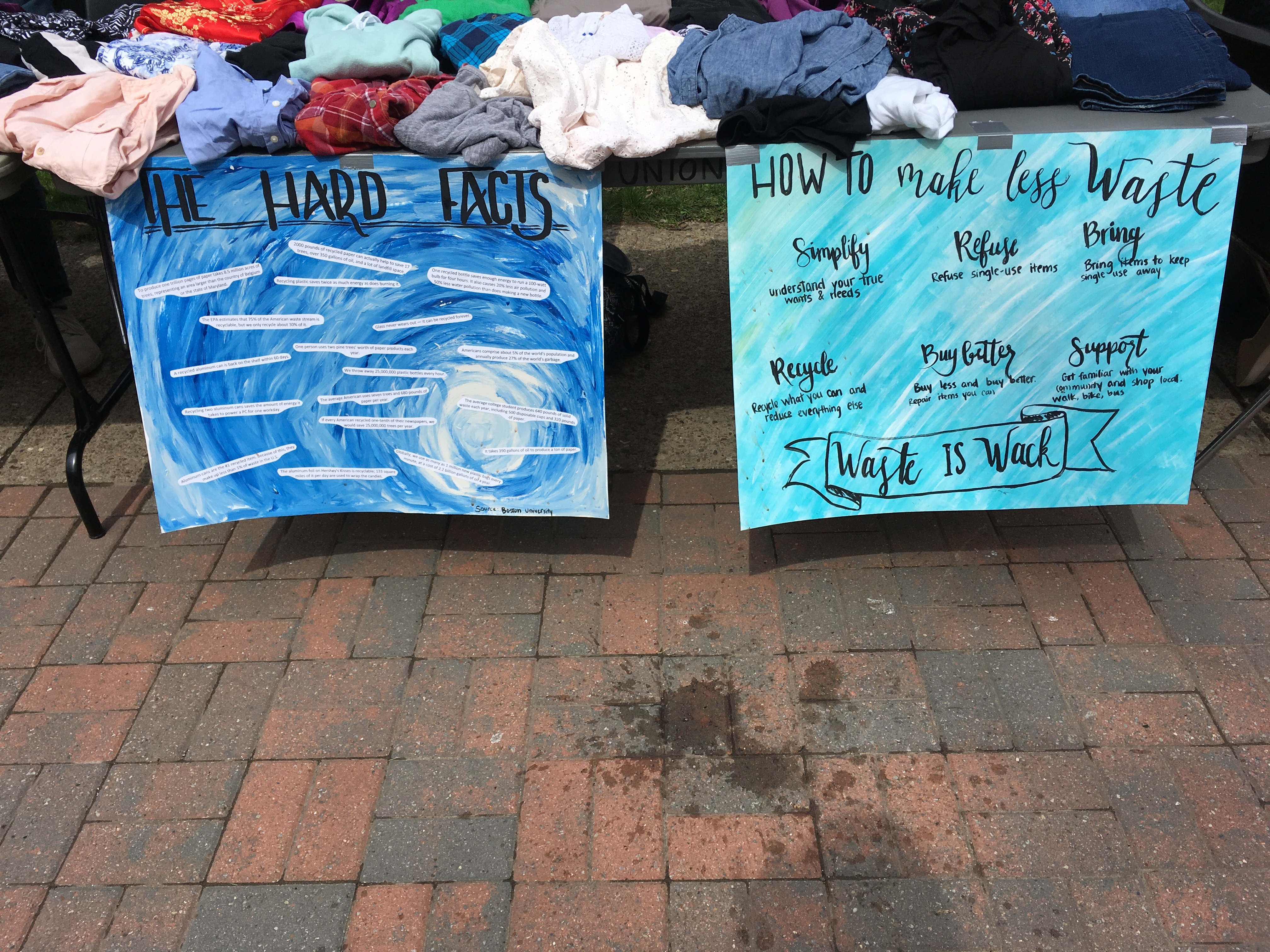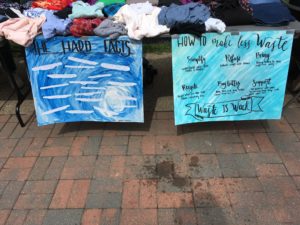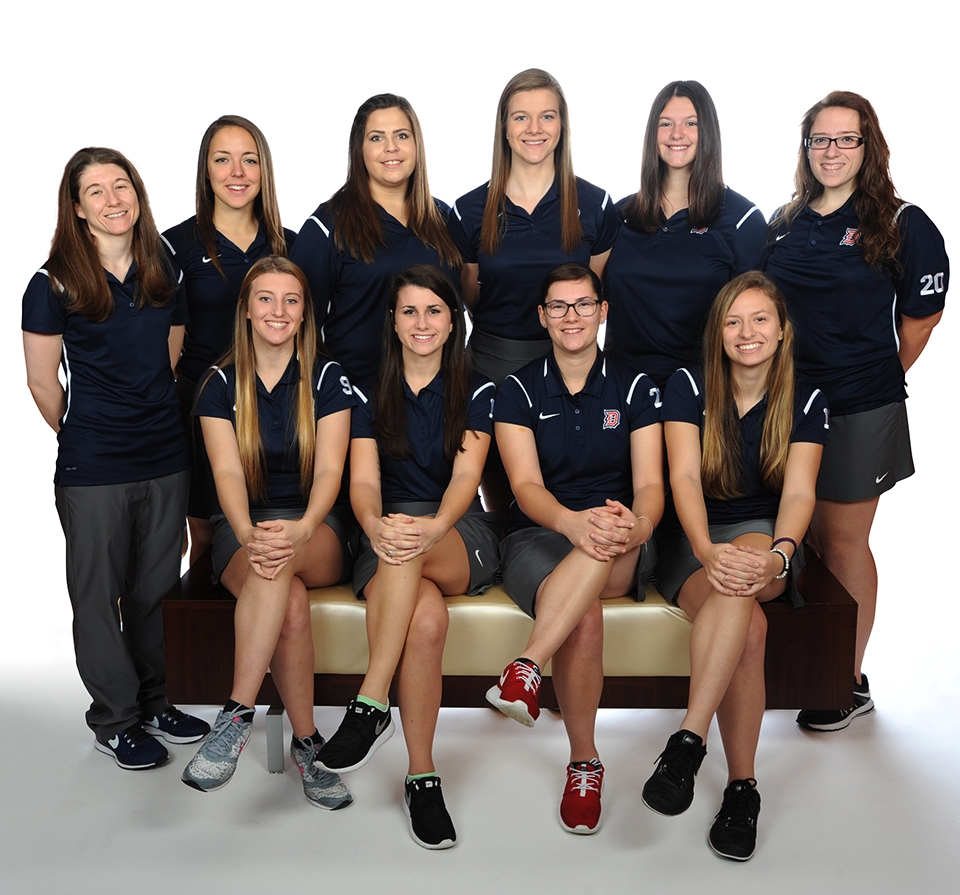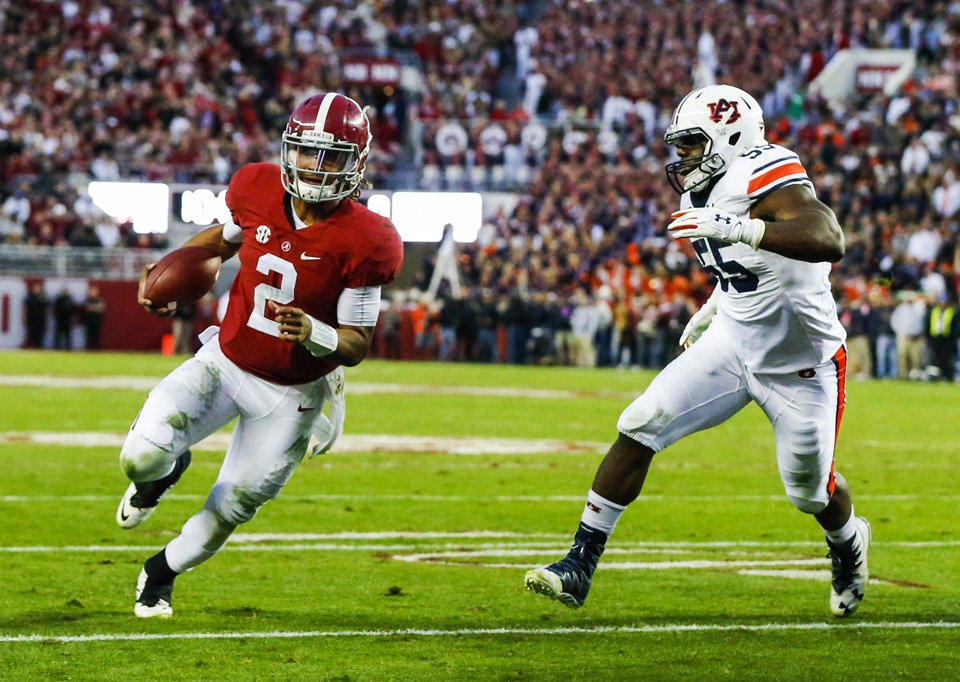

Some of the posters at the Waste is Wack event featured facts about climate change and recycling, while others gave examples of how to be more mindful about waste.
Jamie Crow | Staff Writer
04/12/2018
On a college campus it can be pretty hard to live a zero-waste lifestyle. What’s even harder is figuring out where to start. It seems like everywhere you look we’re surrounded by single-use plastics that are impossible to avoid.
On April 6, Evergreen held its second annual Waste is Wack event on Academic Walk to help students learn about new ways to reduce waste and help the environment.
Waste is Wack is an event that helps to promote living a zero-waste lifestyle and had several ways on of achieving that goal. Alanna Mecca, an Evergreen executive who ran the event this year, said that her method of choice was educating students. Several visual aids, such as posters, were used throughout the event to provide information at a glance.
“I really wanted to have the educational posters at the forefront, along with ways to encourage students to stop and learn,” Mecca said. “I just wanted to get the student body to think twice about their decisions regarding waste.”
Alongside the educational efforts, the event had fun ways to get students to participate as well. There were two DIY stations, including one where participants could learn how to make their own sugar scrubs using sugar, olive oil, essential oils and a reusable container. Duquesne Dining also got in on the action with free apples and information on its efforts to reduce food waste.
One of the stations offered free reusable bamboo utensils and reusable bags. According to Kat Schrock, a junior physical therapy major and member of Evergreen, the organization gave away all of the utensils and totes, which she marked as a success. After picking up a tote bag, participants could get them personalized at a station Schrock worked at most of the day.
“I’m a huge advocate of reusable bags, and being able to personalize it makes it more of an incentive to actually use it,” Schrock said.
Schrock also said that the organization encouraged participants to use their bags after the event, suggesting that the totes could be used at the Campus Market rather than the plastic bags they have on hand.
Another station was the clothing exchange table. Mauro Gloninger, a sophomore environmental science major and Evergreen executive, explained that the table is essentially a miniature version of something that Evergreen does every year. People donate any old clothes that they no longer want, then the organization sorts them by gender and size.
At Waste is Wack, people were invited to take the clothes for free.
The idea of a clothing exchange, Gloninger said, is less of a way for the organization to make money and more of a way to cut down on how much people have to buy.
“When you go to the store to buy a shirt, you’re not just buying the shirt,” Gloninger said. “You’re also driving to the store, and there’s all the manufacturing behind that shirt.”
Gloninger said that the clothes that were not taken at Waste is Wack were donated to Goodwill. He also said that Evergreen hosts bigger clothing exchanges in the fall, where even more people participate in the donations.
Beyond the potential to get new clothes, free produce and a free tote bag, the ultimate goal of Waste is Wack was something that Evergreen focuses on year-round: promoting awareness of how our habits affect the environment.
Schrock emphasized that the event educated students on being more conscious of how their habits affect the environment and what they can do to help right now. Mecca said that Evergreen hopes to continue having Waste is Wack as an annual event and add to it year after year.



